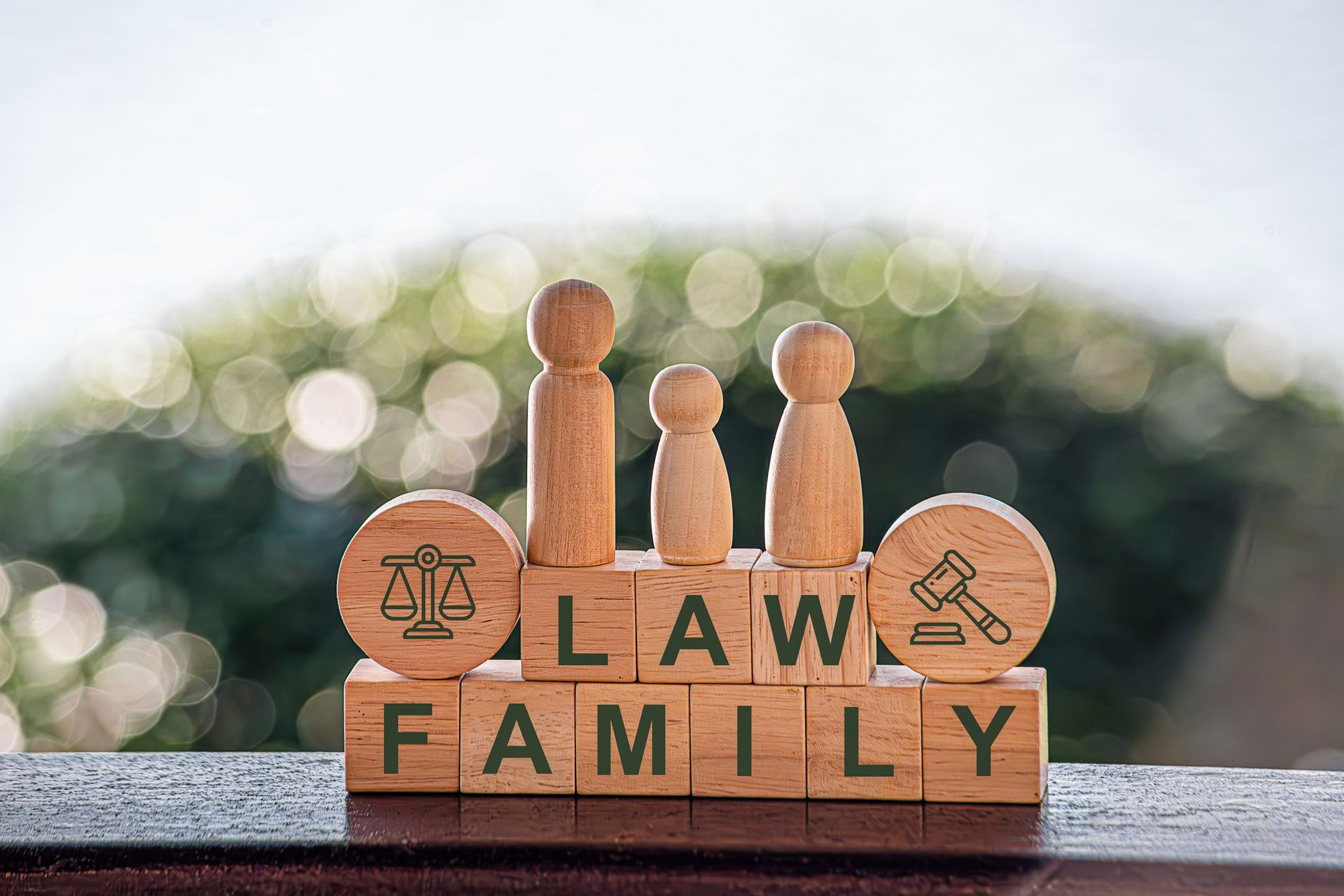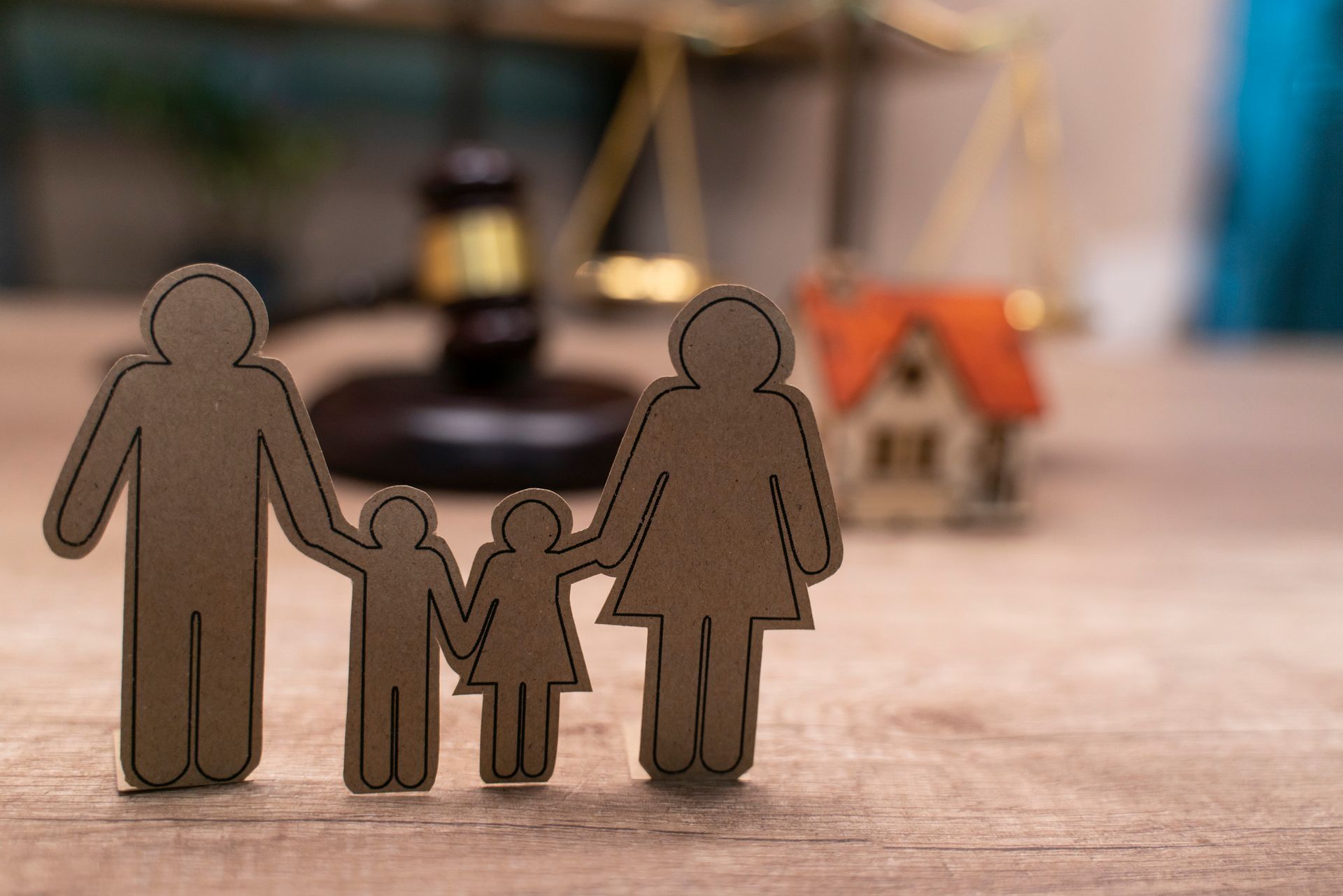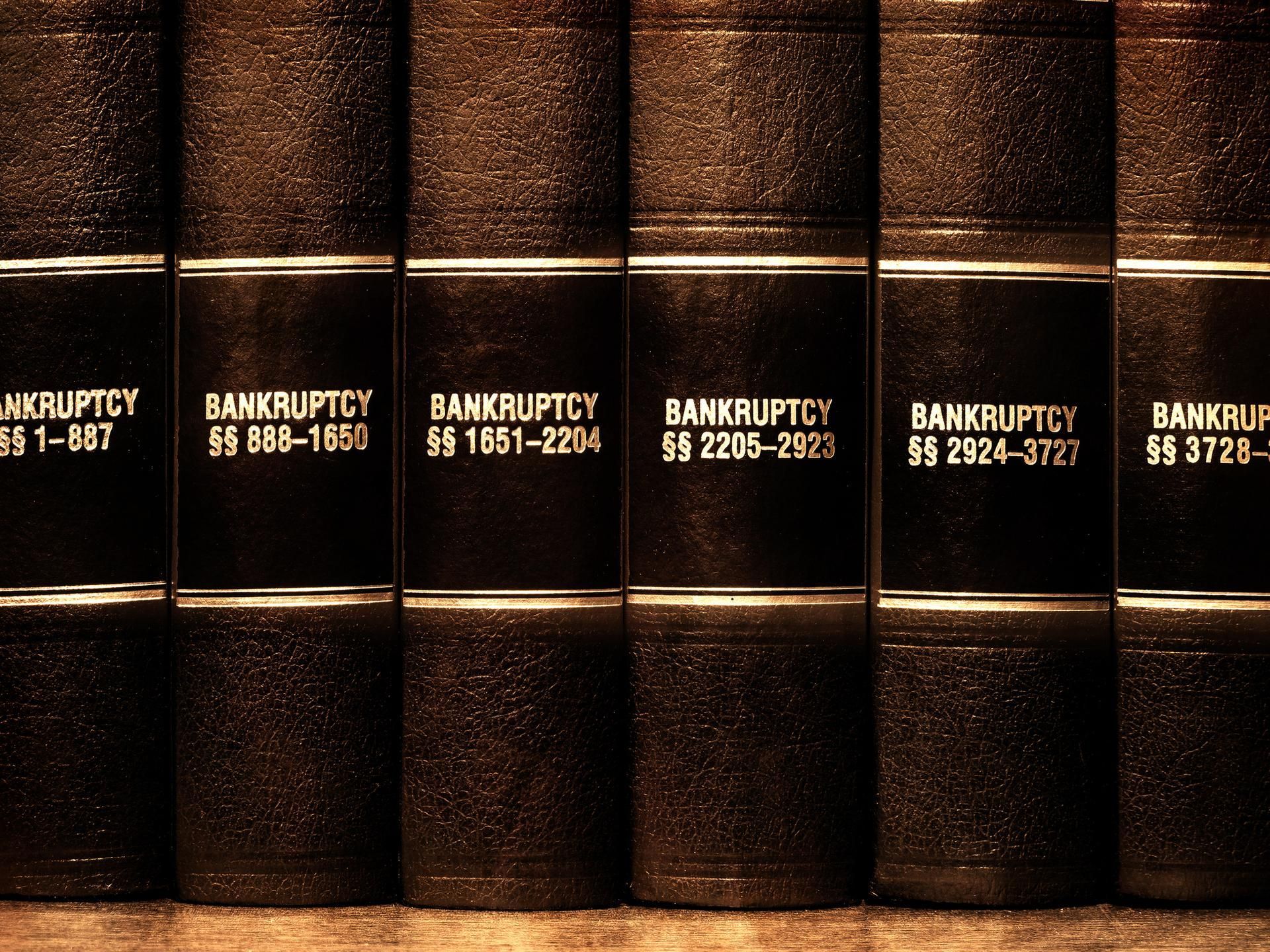From Conflict to Collaboration: The Benefits of Mediation in Family Law Disputes

Family law disputes can be extremely difficult to navigate, especially when emotions are high. In such cases, it's often necessary to seek legal support to resolve conflicts and find a way forward.
While the traditional approach to family law disputes is adversarial, mediation provides a more collaborative and peaceful solution for families. This blog post explores the benefits of mediation in family law disputes and why it might be the right approach for your family.
Mediation Facilitates Open Communication
Mediation in family law allows all parties to express their thoughts, feelings, and needs in a safe, non-judgmental environment. This creates a more constructive dialogue, leading to better understanding between all parties.
With the help of a neutral party, families can work together to develop mutually acceptable solutions that everyone can live with. Through open and honest communication, families can rebuild trust and foster positive relationships, even in the aftermath of a conflict.
You can still have your lawyer present during mediation to protect your rights and interests. This way, you have an advocate and a negotiator by your side throughout the process, which can be very comforting.
Mediation Preserves Family Relationships
Family disputes can be emotionally draining, not just for the parties involved but also for family members who care about them. These disagreements can also damage family relationships and often have long-lasting effects. And if children are affected, the situation can become even more complicated.
Mediation provides an avenue for families to resolve disputes without destroying relationships. It encourages the parties to focus on their common goals rather than arguing over who is right and wrong. This approach helps preserve existing relationships and foster healthier ones in the long run.
If you decide to proceed with litigation, you can talk to your lawyer about the possibility of collaborative law to make the process more amicable. Collaborative law is a legal process that requires all parties to negotiate in good faith and work out an agreement without court input.
Both sides will have their lawyers and other experts like financial advisors to help negotiate a fair settlement. This approach encourages an open dialogue and helps all parties reach a satisfactory outcome.
Mediated Agreements Are More Likely to Be Followed
Mediated agreements are more likely to be followed than court-issued ones. The involved parties will have direct input in creating the agreement and are committed to following through with it.
This contrasts with litigation, where a judge or jury makes the final decision based on the law. Even if a court order is ultimately necessary to enforce a mediated agreement, the outcome will be much more satisfactory than a judge handing down a decision.
The agreement is also tailored to the individual needs of all parties, so everyone benefits from it in some way. This makes it easier to create an enforceable and long-term agreement. There's also a lesser likelihood of either party returning to court to challenge the agreement since they had a direct role in creating it.
Mediation Is Confidential
Mediated agreements have the added benefit of being private. They are not subject to public disclosure, so parties don't have to worry about their personal information becoming public knowledge. This is especially important in cases that involve children, as it allows them to maintain their privacy and dignity throughout the process.
In contrast, the court process is open to the public, and its records may be accessible forever, keeping the conflict alive for others to see. This can damage a family's reputation, which could affect the outcome of a case.
However, litigation might be the only option for certain family law disputes, such as domestic violence or child abuse. In these cases, a court order is usually necessary to protect the safety of all parties. But make sure to seek the advice of a qualified attorney to explore all possible avenues of resolution.
At Knollmeyer Law Office, PA, our job is to provide you with legal counsel and evaluate your situation to decide which approach is best for your family. We offer a wide range of legal services to help you navigate familial conflict easily and with peace of mind. Give us a call today to learn more.













